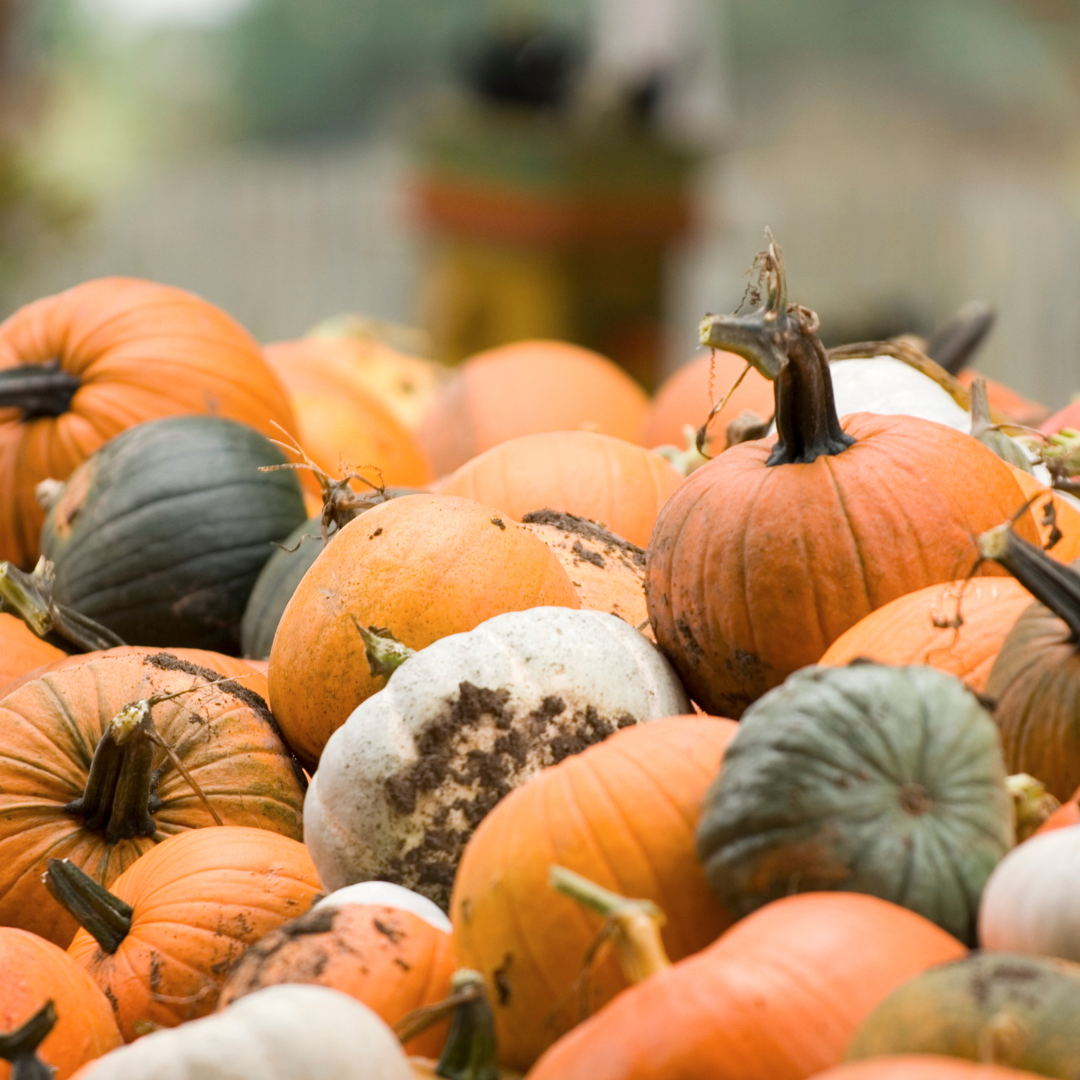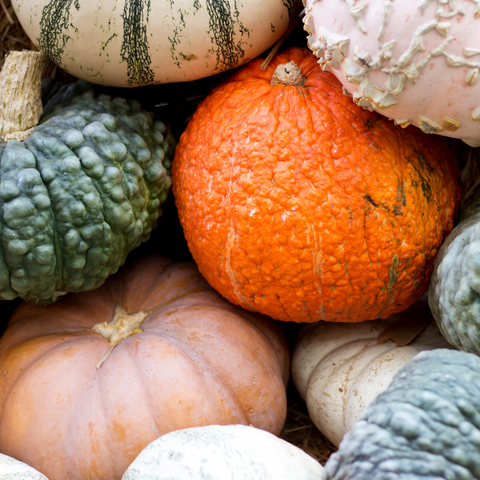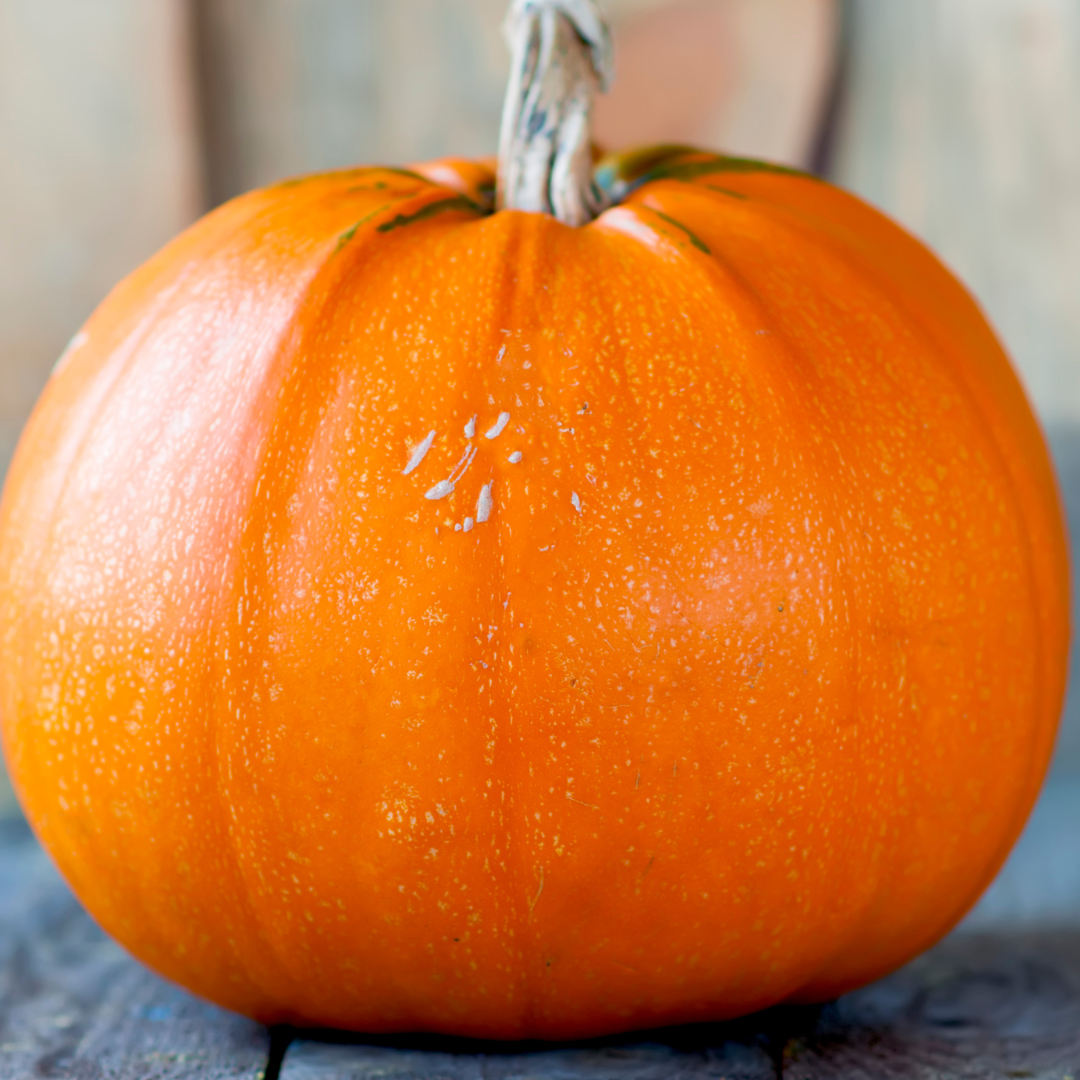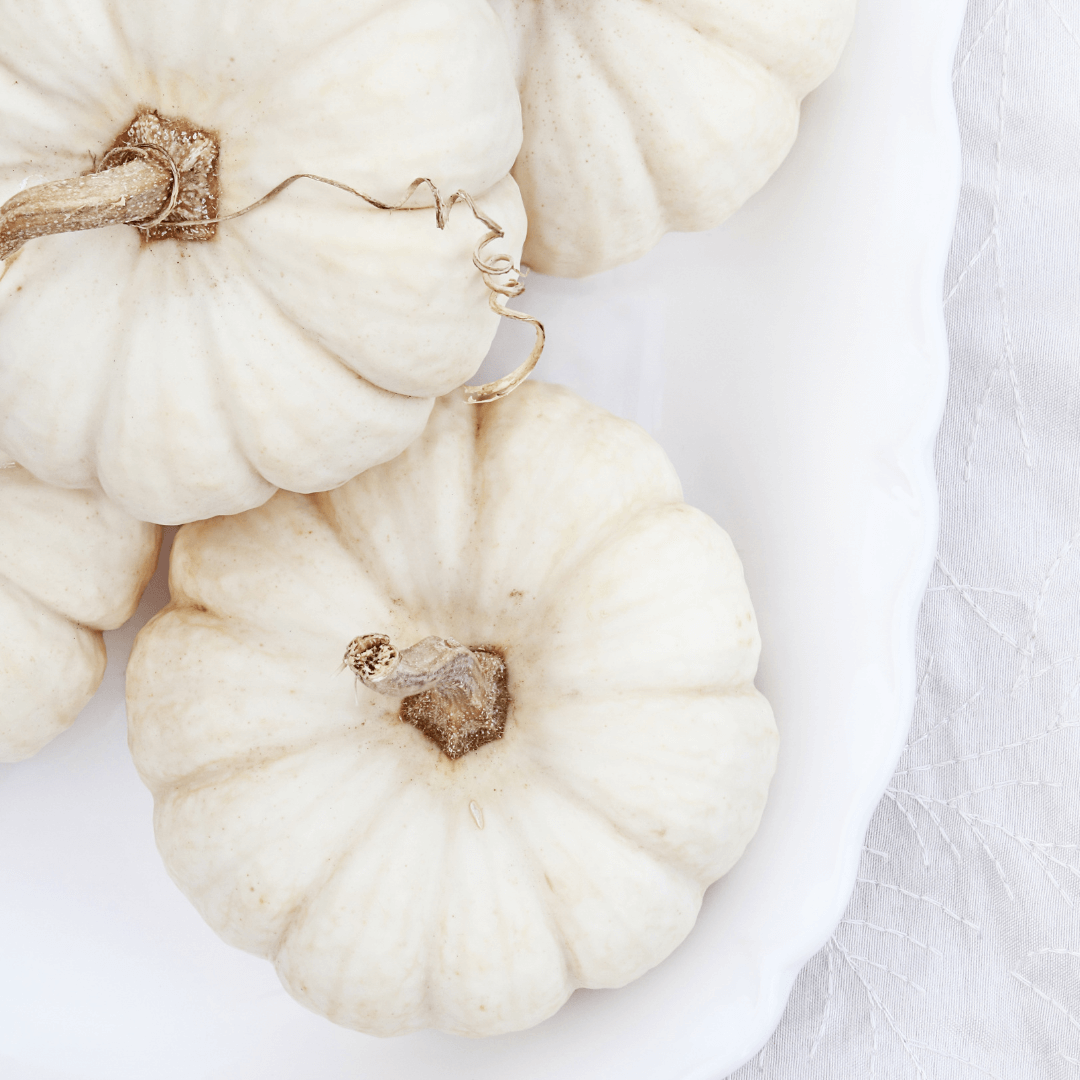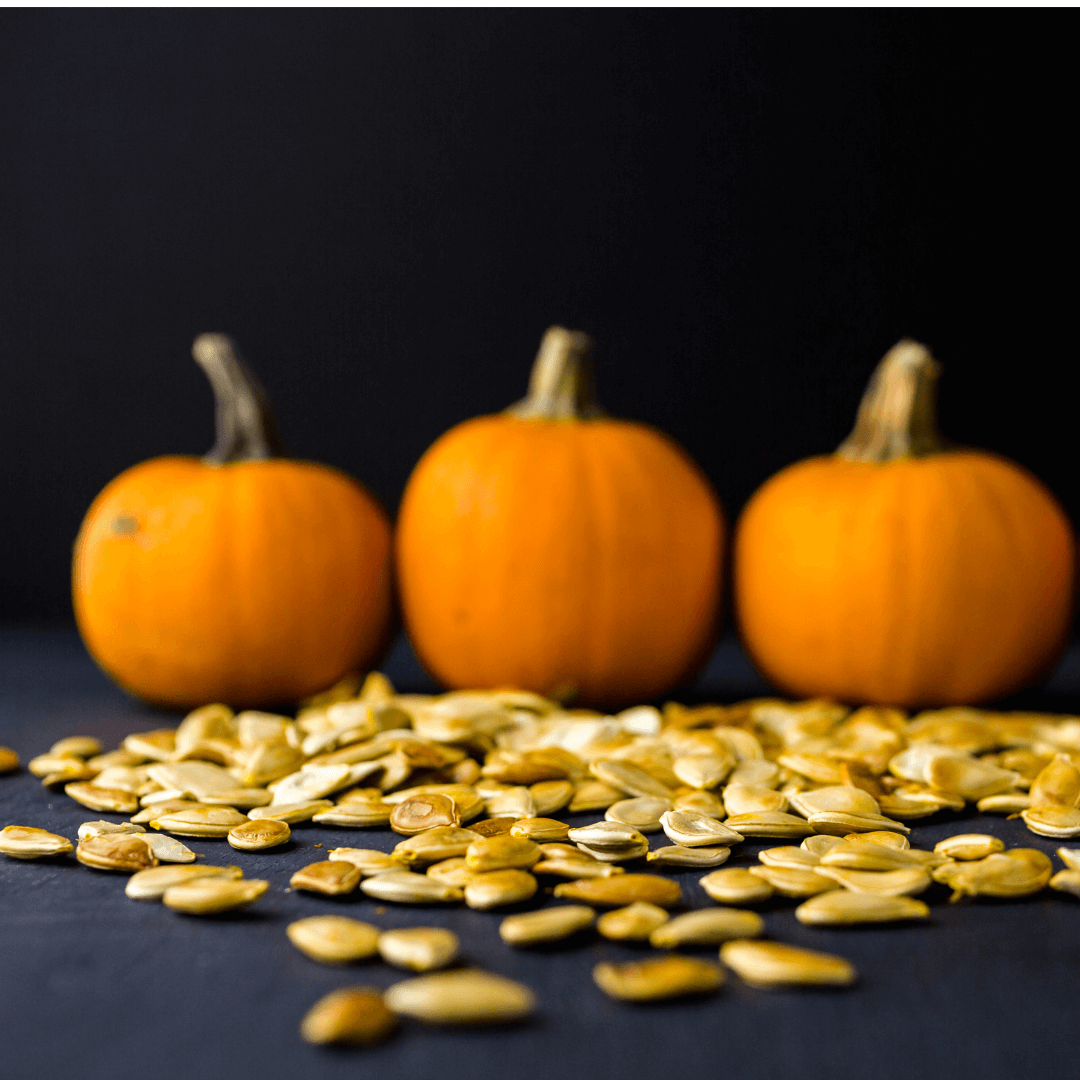Pumpkins are a type of winter squash that is commonly used for decorations, pumpkin pies, and other delicious fall dishes. What are heirloom pumpkins? While most people are familiar with the traditional jack-o-lantern pumpkin, there are many other varieties of pumpkins, including heirloom pumpkins.
Definition of Heirloom Pumpkins
Heirloom pumpkins are varieties that have been around for many generations, often passed down through families or communities. These pumpkins are typically grown for their unique characteristics, such as their size, shape, or flavor, rather than for mass production.
History of Heirloom Pumpkins
Heirloom pumpkins have been cultivated for hundreds, if not thousands, of years by Indigenous peoples across North America. They were grown for their nutritional value as well as for their cultural significance in fall festivals and celebrations. When European settlers arrived in North America, they brought with them their own varieties of pumpkins and squash, which were then crossed with the Indigenous varieties to create new hybrids. Over time, many of these hybrids were lost or replaced by newer, more commercially viable varieties. However, some heirloom pumpkin varieties have been preserved by small-scale farmers, gardeners, and seed savers, who recognize their value in terms of flavor, nutrition, and genetic diversity.
Pumpkin Seeds for Planting | 5 Variety Pack

$9.95
5 Unique Pumpkin Varieties: Non-GMO Heirloom Seeds for Your Garden Introducing our 5 Pumpkin Seeds Variety Pack, the perfect selection for pumpkin lovers and gardeners alike. Whether you want to grow pumpkins for pies, fall decorations, or carving, this seed variety… read more
Characteristics of Heirloom Pumpkins
Heirloom pumpkins come in a wide variety of shapes, sizes, and colors, each with its own unique flavor and texture. Some popular varieties of heirloom pumpkins include:
Big Max
- One of the largest pumpkins available, weighing in at 100 pounds or more
- Thick, bright orange skin and pale orange flesh
- Best used for decoration rather than eating due to its tough flesh
Japanese Heirloom
- Small to medium-sized, typically 5-10 pounds
- Round or flattened shape with deep orange skin
- Dense, sweet flesh that is great for roasting or making pies
Jarrahdale Pumpkin
- Medium-sized, typically 10-15 pounds
- Ribbed, slate-blue skin and pale orange flesh
- Sweet, nutty flavor that is great for soups or roasting
French Heirloom
- Medium to large-sized, typically 10-20 pounds
- Ribbed, flat shape with pale orange skin and deep orange flesh
- Sweet, rich flavor that is great for roasting or making pies
Galeux d'Eysines
- Medium-sized, typically 10-15 pounds
- Pale orange skin with bumpy, warty texture
- Sweet, nutty flavor that is great for soups or roasting
Sugar Baby Pumpkin
- Small-sized, typically 5-7 pounds
- Round shape with dark green skin and deep orange flesh
- Sweet, flavorful flesh that is great for baking or roasting
Connecticut Field Pumpkin
- Large-sized, typically 15-25 pounds
- Round or slightly flattened shape with deep orange skin and pale orange flesh
- Sweet, nutty flavor that is great for pies or soups
Growing Heirloom Pumpkins
Growing heirloom pumpkins requires a bit more attention and care than growing mass-produced pumpkins. Here are some tips for successfully growing heirloom pumpkins:
- Choose a sunny, well-drained location for planting.
- Add organic matter, such as compost or manure, to the soil to provide nutrients.
- Water regularly, but be careful not to overwater, as this can lead to rotting.
- Use natural pest control methods, such as companion planting, to deter pests without using harmful chemicals.
- Harvest pumpkins when they are fully mature and the skin is hard.
- Store pumpkins in a cool, dry place until ready to use.
By following these tips, you can ensure a healthy and productive pumpkin harvest.
Benefits of Heirloom Pumpkins
There are many benefits to growing and using heirloom pumpkins, including:
- Unique flavors and textures that can't be found in mass-produced pumpkins
- Preservation of rare and endangered pumpkin varieties
- Promoting genetic diversity in agriculture
- Ability to save pumpkin seeds for planting in future seasons
Nutritional Benefits of Heirloom Pumpkins
Heirloom pumpkins are not only tasty but also highly nutritious. They are rich in vitamins A and C, fiber, potassium, and antioxidants. Additionally, they contain a compound called beta-carotene, which is responsible for their deep orange color. Beta-carotene has been linked to improved eye health, immune function, and skin health. Heirloom pumpkins can be used in a variety of dishes, from savory soups and stews to sweet pies and baked goods, making them a versatile and healthy addition to any diet.
Using Heirloom Pumpkin Seeds
One of the best things about heirloom pumpkins is that they produce seeds that can be saved and used for planting in future seasons. Here are a few tips for using heirloom pumpkin seeds:
- Harvest seeds from ripe pumpkins by cutting the pumpkin open and scooping out the seeds.
- Rinse the seeds and dry them on a flat surface for several days.
- Store seeds in a cool, dry place until ready to plant.
- Plant seeds in rich, well-draining soil in late spring or early summer.
- Water regularly and provide plenty of sunlight to encourage healthy growth.
Preserving Heirloom Pumpkin Varieties
One of the biggest threats to heirloom pumpkin varieties is the loss of genetic diversity. When farmers and gardeners rely on a few commercially available pumpkin varieties, they are putting all their eggs in one basket. If a disease or pest were to wipe out that particular variety, there would be no backup. That's why it's important to preserve heirloom pumpkin varieties by saving seeds, sharing them with others, and promoting their use in local agriculture. By preserving genetic diversity, we can ensure a sustainable and resilient food system for future generations.
Conclusion
Heirloom pumpkins are a valuable and delicious part of our agricultural heritage. They offer a wide range of flavors, colors, and textures, as well as important nutritional benefits. By growing, using, and preserving heirloom pumpkins, we can help protect biodiversity, support local agriculture, and enjoy the many culinary delights of the fall season. So why not try growing an heirloom pumpkin variety in your own garden this year? You might just discover a new favorite pumpkin for all your fall recipes! Now that you know what are heirloom pumpkins, will you try some new heirloom pumpkins in your garden this year?
Pumpkin Seeds for Planting | 5 Variety Pack

$9.95
5 Unique Pumpkin Varieties: Non-GMO Heirloom Seeds for Your Garden Introducing our 5 Pumpkin Seeds Variety Pack, the perfect selection for pumpkin lovers and gardeners alike. Whether you want to grow pumpkins for pies, fall decorations, or carving, this seed variety… read more



